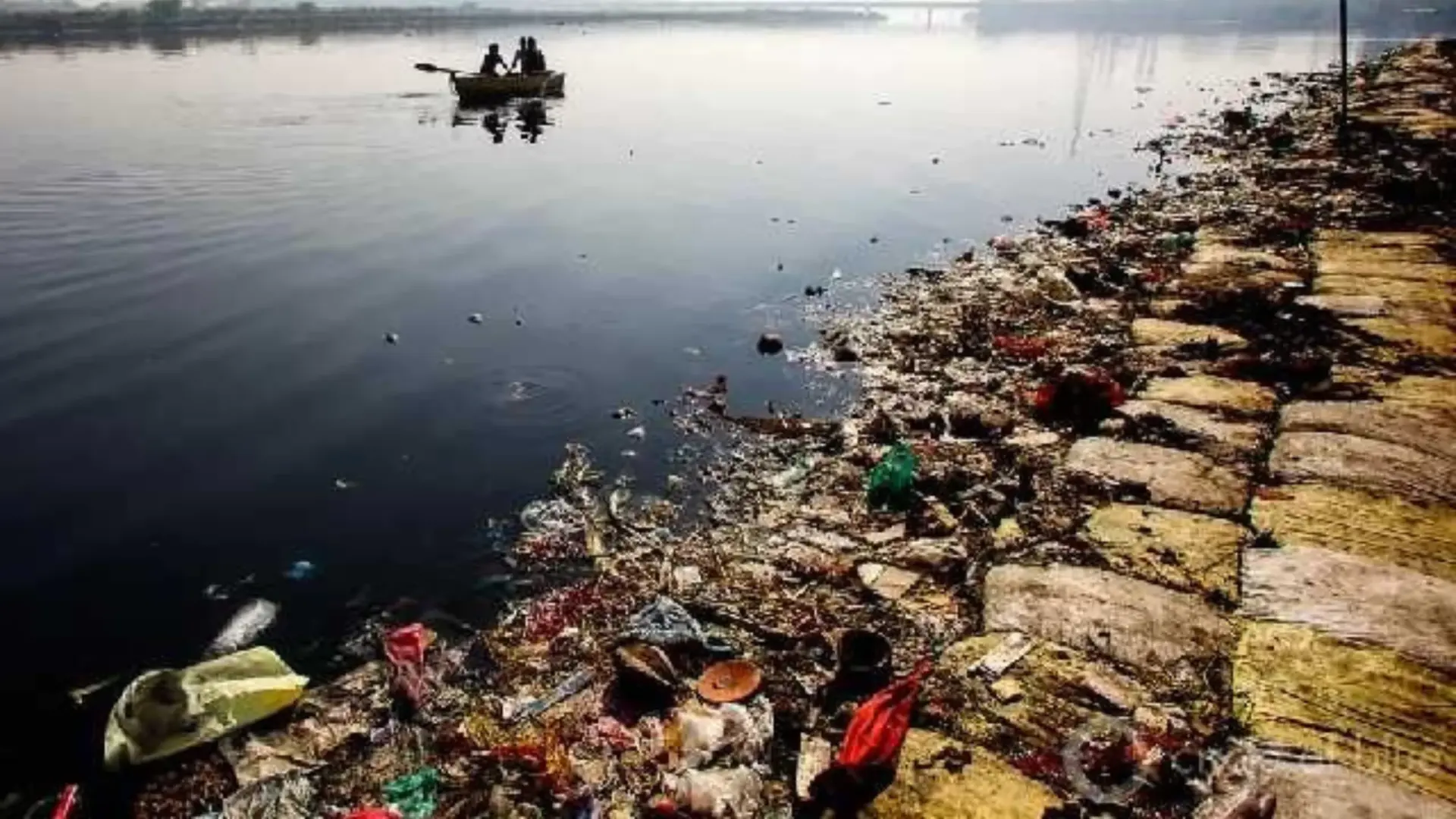MPCB Mandates Action on PCMC Waste Pollution Violations
In a significant development, the Maharashtra Pollution Control Board (MPCB) has issued interim directions to the Pimpri-Chinchwad Municipal Corporation (PCMC) for violating environmental regulations concerning its waste management practices. The directions, issued on January 16, 2025, highlight concerns regarding the civic body’s handling of its waste processing site at Moshi and non-compliance with several crucial environmental protocols. This marks a pivotal moment in the ongoing efforts to manage the environmental impact of urban waste and the push towards sustainable waste management practices in rapidly expanding cities.
The MPCB’s directives come in response to a report by the National Green Tribunal (NGT), which highlighted significant issues with methane emissions from the PCMC’s solid waste processing site. A joint committee formed by the NGT to investigate methane emissions across several cities, including Pune, identified the Moshi site as a major source of the gas. As per the MPCB’s findings, the municipal corporation has yet to implement necessary systems for methane collection, flaring, or utilisation, and the processing of waste remains inadequate. The report also revealed that PCMC had failed to begin biomining efforts for the large volume of waste accumulated during the COVID-19 pandemic, and excess refuse-derived fuel (RDF) continues to be disposed of in sanitary landfill sites, exacerbating environmental hazards.
Under the directions issued by the MPCB, the PCMC has been instructed to submit a detailed time-bound action plan to address these environmental shortcomings within 15 days. The plan must focus on starting biomining operations for the legacy waste dumped during the pandemic, installing necessary methane monitoring systems, and implementing fire prevention measures at waste dumping sites. Furthermore, a bank guarantee of ₹2 lakh has been demanded from the civic body to ensure compliance. The MPCB has also directed the PCMC to halt the dumping of fresh waste at the current sites until improvements are made, with specific emphasis on segregating inert waste before disposal.
From a sustainability perspective, this intervention by the MPCB underscores the critical importance of efficient waste management practices in urban centres. Cities like Pune, with rapidly increasing populations, face immense pressure to ensure that their waste management systems not only meet current demands but are also resilient enough to handle future growth. Sustainable waste management is essential not only for preventing environmental degradation but also for enhancing the quality of life for residents. If the necessary reforms are implemented, PCMC can contribute significantly to Pune’s environmental sustainability, mitigating harmful emissions and reducing landfill overflow.
The push towards sustainability also involves addressing the broader implications of waste disposal practices, particularly methane emissions, which are a major contributor to global warming. While the PCMC has claimed that steps are being taken to monitor and control methane, the lack of comprehensive systems for waste processing raises serious concerns. The use of biomining technology, which is expected to reclaim usable material from legacy waste dumpsites, is a crucial step towards a more sustainable model. With these new directives, it is clear that both the state authorities and the civic body must take immediate, coordinated action to safeguard public health and the environment, ensuring a sustainable future for the city.


